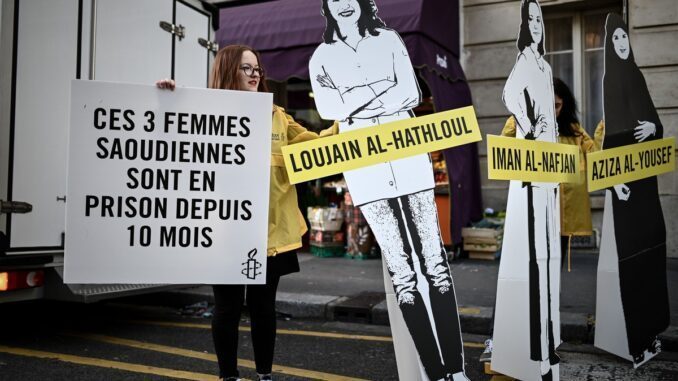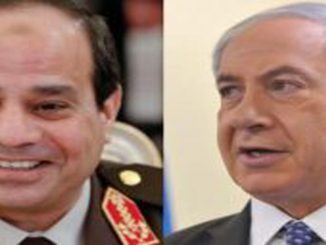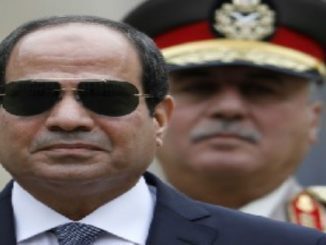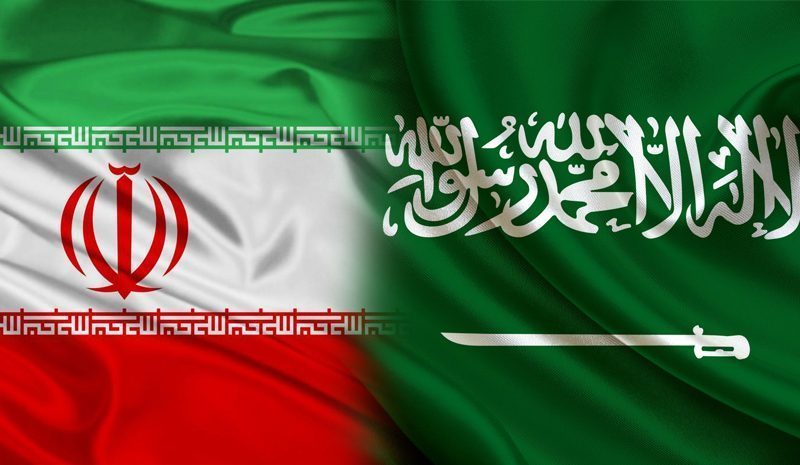
All the world leaders have seen in the G20 summit which is currently held in Saudi Arabia (virtually due to COVID 19 pandemic situation), however, There was mounting pressure on world leaders to boycott this Summit, over the kingdom’s detention and alleged “torture” of women activists.
The fate of female detainees has become a major source of concern amongst human rights groups and members of parliament alike, following a series of reports on their mistreatment by officials, many of whom are said to be close to Crown Prince Mohamed Bin Salman.
The latest in such reports was prepared by Baroness Helena Kennedy of the Shaws, QC. The human rights lawyer claimed that women’s rights activists were forced to kiss and perform sex acts on their interrogators, in a 40-page dossier which called on nations to boycott this weekend’s G20 summit.
In the report, A Stain on World Leaders and the G20 Summit in Saudi Arabia, Kennedy said that many of the women’s rights activists had been “subjected to treatment amounting to torture, including by individuals who are closely connected to Crown Prince Mohammed Bin Salman, such as Saud Al-Qahtani and Khalid Bin Salman.” Al Qahtani has been implicated in the murder of journalist Jamal Khashoggi – though the Saudis have acquitted him – while Bin Salman is the younger brother of the crown prince who also serves as the country’s defence minister.
Kennedy’s report claims that women are forced to “perform sexual acts on the interrogators, and other forms of sexual harassment such as forcing them to watch pornography”. The Scottish barrister cited one source which reported that Aida Al-Ghamdi had been forced to watch pornography; and several other sources which reported that Loujain Al-Hathloul and Eman Al-Nafjan had been forced to kiss and perform other sexual acts on interrogators.
The report claimed that the interrogation of Al-Hathloul had been overseen by Al-Qahtani, a member of the crown prince’s inner circle. In echoes of the dismemberment of the dissident journalist, Khashoggi, at the Saudi consulate in Istanbul, Al-Qahtani is said to have told one of the women: ‘I’ll do whatever I like to you, and then I’ll dissolve you and flush you down the toilet’.
Kennedy called on the UK government, along with the governments of all countries that uphold human rights’ standards, to “publicly condemn Saudi Arabia’s treatment of the Women’s Rights Activists and call for their immediate release. If Saudi Arabia should fail to do so, the UK government should give serious consideration to the use of targeted sanctions, including the suspension of diplomatic and economic ties, and holding those responsible to account and sanctioning them.”
Kennedy also urged world leaders and G20 states not to participate in the summit which begins this weekend unless the detainees are released. “Those allegedly responsible for these detentions and gross violations, as named in this report, should be held accountable and sanctions imposed on them including Crown Prince Mohammed bin Salman, Khalid bin Salman and Saud Al-Qahtani,” said Kennedy.
Evidence of human rights violations
A panel of leading human rights organisations, NGOs and British MPs today discussed the ongoing detention of two senior Saudi princes while listening to testimonies about the Kingdom’s increasing level of rights violations. The online meeting saw the panel of parliamentarians and international lawyers discussing the imprisonment of former Crown Prince Muhammad Bin Nayef and Prince Ahmed Bin Abdul-Aziz by the regime in Riyadh.
Chaired by Conservative MP Crispin Blunt, the panel included Conservative MP Imran Ahmad Khan, Liberal Democrat MP Layla Moran, the deputy director of Human Rights Watch’s Middle East and North Africa division, Adam Coogle, the human rights lawyer and director of MENA Rights Group Ines Osman, and Saudi journalist Safa Al-Ahmad from the human rights organisation ALQST. They were joined by prominent Saudi activists such as Abdullah Alaoudh, the son of detained Saudi scholar Salman al-Ouda, and Alia Al-Hathloul, the sister of the jailed Saudi women’s rights activist Loujain Al-Hathloul.
Alaoudh mentioned the Kingdom’s kidnapping of dissidents in other countries, as happened to Loujain Al-Hathloul in the UAE. Similar methods were also employed in the murder of dissident journalist Jamal Khashoggi in Istanbul in 2018, and the failed attempt to kidnap former Saudi security chief Saad Al-Jabri in Canada.
This, said Alaoudh, is the result of the deterioration of Saudi Arabia’s already poor human rights record. Following Crown Prince Mohammad Bin Salman’s appointment in 2015 and the ousting of Bin Nayef, the Kingdom has seen an “unprecedented concentration of power” under the ambitious prince. Bin Salman is now the de facto ruler of Saudi Arabia.
Since that palace coup, he has implemented a series of social and economic reforms ranging from allowing women to drive to the abolition of gender-segregated public space. Such reforms, however, are described as superficial as they do not include political reforms which advance democracy in the Gulf state. According to Alaoudh, there is still no independent civil society and any discussion of human rights issues is seen as “conspiring against the state”.
The superficiality of the reforms is part of Saudi Arabia’s huge public relations campaign, said Alia Al-Hathloul, and does not represent the reality there. She cited the justice system as a key example of this. The judge in her sister Loujain’s trial was, for example, reportedly awaiting orders rather than acting independently. It is also evident in the Kingdom’s other bodies, such as its Human Rights Commission, which she said are not independent but subject to government control.
The laws covering prisoner rights that Saudi Arabia does have, explained Ms Al-Hathloul, are on paper only, and twisted to make sure that they are not effective. An example she gave was when her sister was sent for a medical check-up but was forced to speak only Arabic to the English-speaking doctor who could not understand her. All of this, she pointed out, was done as part of the Saudi authorities’ extensive use of torture on her sister and other detainees.
“We hear the word ‘torture’ and forget what it really means,” she told the panel. “It took months before [Loujain] admitted that she was tortured because she was so scared… she thought that she was going to die.”
The panel was also told by the women’s rights campaigner Bethany Al-Haidari about the horrific conditions inside Saudi prisons. “We’ve heard reports of minors in prison being raped to death and moderate clerics being sodomised to death,” she explained.
According to the ALQST’s Safa Al-Ahmad, the monarchy does not benefit directly from its human rights violations at home and abroad. The primary aim is to silence Saudis through fear and by warning them not to criticise its policies or demand rights.
The panel session, hosted by the London-based law firm Bindmans LLP, was held four days before the virtual G20 Leaders’ Summit is set to be hosted controversially by Saudi Arabia. In a press release announcing the discussion, it was announced that the Saudi Ambassador to London, Prince Khalid Bin Bandar Bin Sultan Al-Saud, was invited to join in the panel discussion but did not respond.
The conclusions and recommendations of the panel, based upon the evidence presented, are set to be published by the parliamentary panel later this year.



